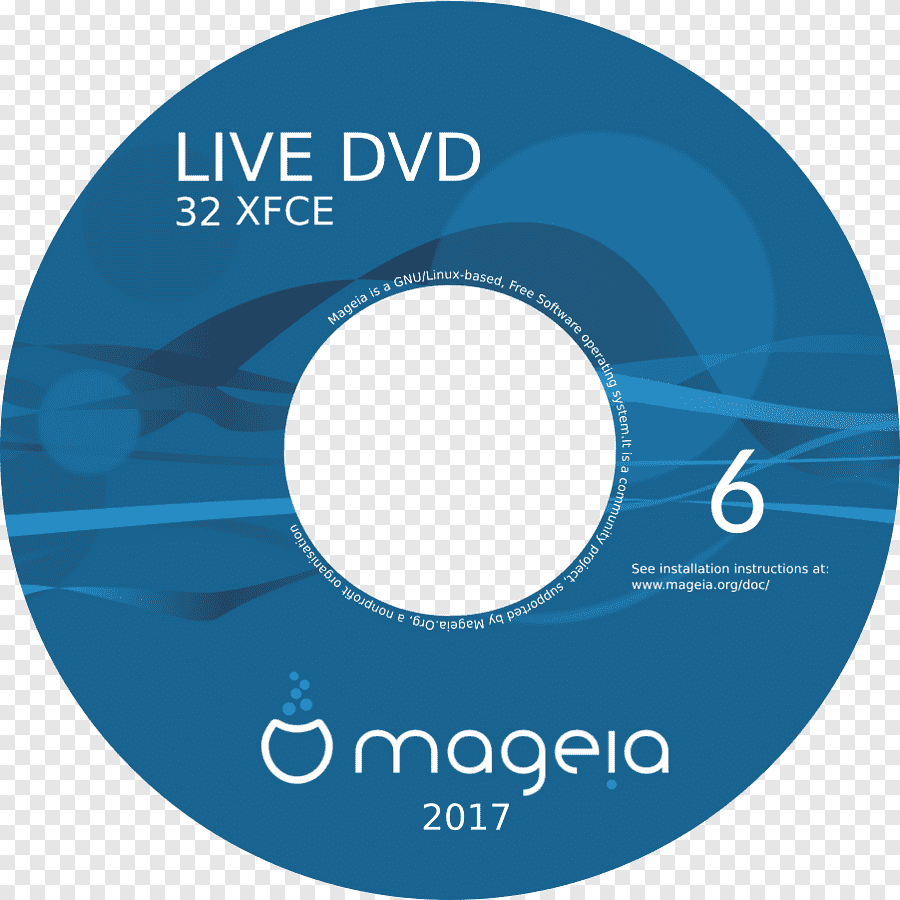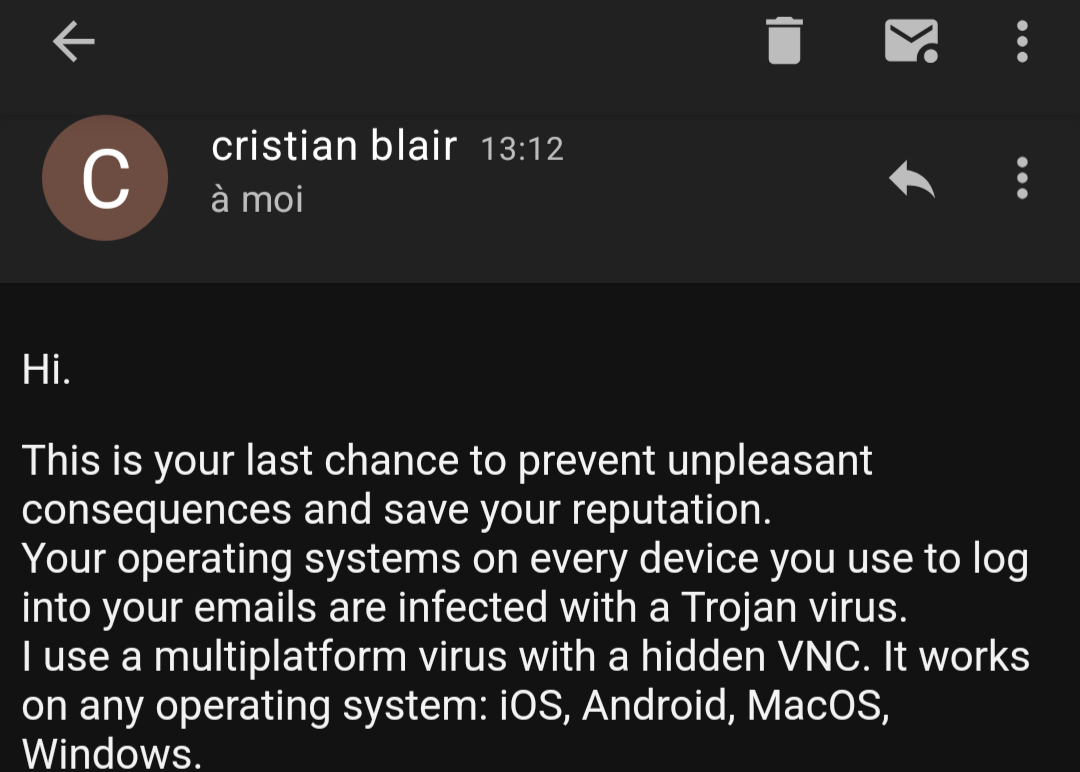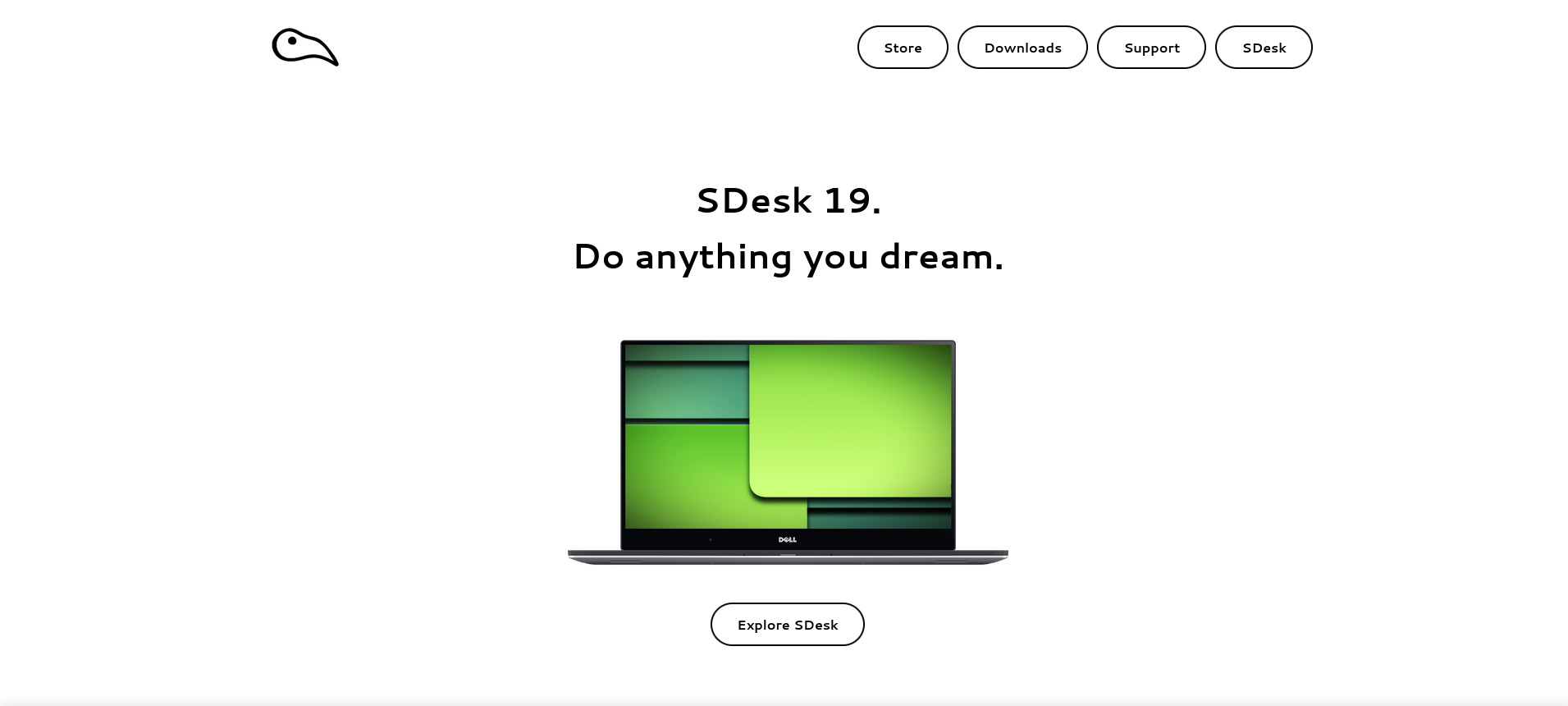This is kind of a rant, but mostly a plea.
There are times when BusyBox is the only tool you can use. You've got some embedded device with 32k RAM or something; I get it. It's the right tool. But please, please, In begging you: don't use it just because you're lazy.
I find BusyBox used in places where it's not necessary. There's enough RAM, there's more than enough storage, and yet, it's got BusyBox.
BusyBox tooling is absolutely aenemic. Simple things, common things, like - oh, - capturing a regexp group from a simple match are practically impossible. But you can do this in bash; heck, it's built in! But BusyBox uses ash, which is barely a shell and certainly doesn't support regexp matching with group capture. Maybe awk? Well, gawk lets you, with -oP, but of course BusyBox doesn't use GNU awk, and so you can't get at the capture groups because it doesn't support perl REs. It'd be shocking if BusyBox provided any truly capable tools like ripgrep, in which this would be trivial. I haven't tried BB's sed yet, because sed's RE escaping is and has always been a bizarre nightmarish Frankenstein syntax, but I've got a dime riding on some restriction in BB's sed that prevents getting at capture groups there, too.
BusyBox serves a purpose; it is intentionally barely functional; size constraining trumps all other considerations. It achieves this well. My issue isn't with BusyBox, it's with people using it everywhere when they don't need to, making life hell for anyone who's trying to actually get any work done in it.
So please. For the sanity of your users: don't reach for BusyBox just because it's easy, or because you're tickled that you're going to save a megabyte or two; please spare a thought for your users on which you are inflicting these constraints. Use it when you have to, because otherwise it doesn't fit. Otherwise, chose a real shell, at least bash, and include some tools capable of more than less than the bare minimum.





